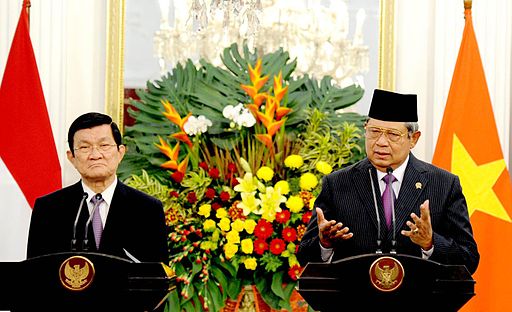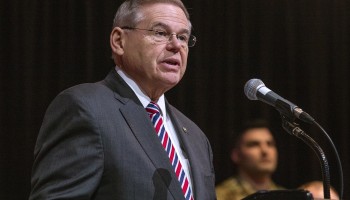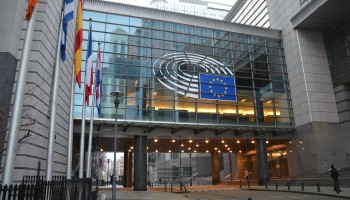The court order, issued June 19, protects 14 powerful political figures and a host of current and former Malaysian ministers from being accused or linked to a bribery scandal. The group includes any current or former prime minister of Malaysia, Vietnamese President Trương Tấn Sang, Indonesian President Susilo Bambang Yudhoyono, and former Indonesian President Megawati Sukarnoputri.
 The injunction also contains a clause forbidding disclosure of its own terms and its approval by Gillian Bird, Australia’s ambassador to the Association of Southeast Asian Nations (ASEAN) who was recently appointed to be the country’s permanent representative to the UN.
The injunction also contains a clause forbidding disclosure of its own terms and its approval by Gillian Bird, Australia’s ambassador to the Association of Southeast Asian Nations (ASEAN) who was recently appointed to be the country’s permanent representative to the UN.
The stated purpose of the order is “to prevent damage to Australia's international relations that may be caused by the publication of material that may damage the reputations of specified individuals who are not the subject of charges in these proceedings.”
The gag order follows the secret indictment of seven executives of Securency and Note Printing Australia, subsidiaries of the Reserve Bank of Australia which allegedly bribed overseas officials in order to secure contracts to supply polymer banknotes, according to a WikiLeaks press release.
Several former Securency and Note Printing Australia employees testified in 2012 that they were fired for expressing concern about possible bribes, according to The Sydney Morning Herald.
Julian Assange, WikiLeaks’ publisher and an Australian citizen, said: “With this order, the worst in living memory, the Australian government is not just gagging the Australian press, it is blindfolding the Australian public … The concept of ‘national security’ is not meant to serve as a blanket phrase to cover up serious corruption allegations involving government officials, in Australia or elsewhere.”





